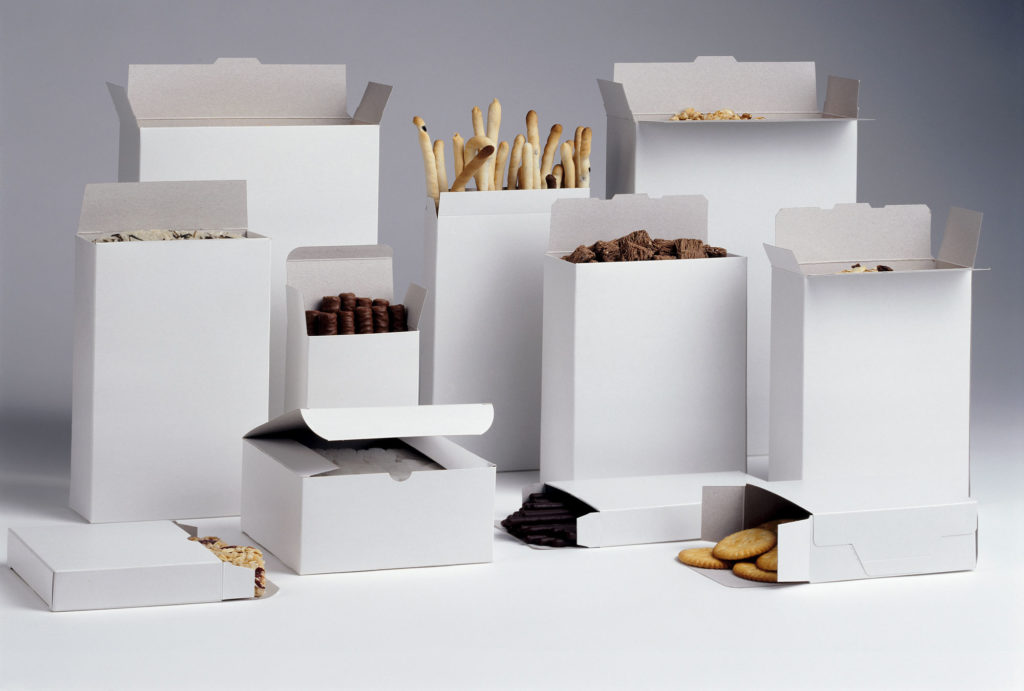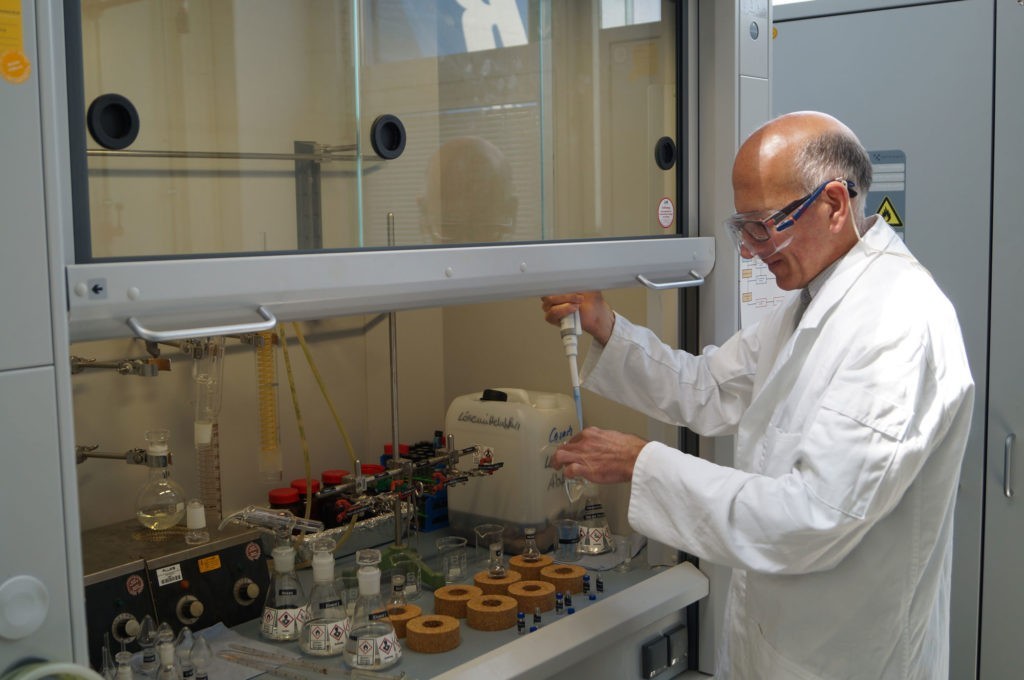Despite opposition from other EU member states due to expected international trade barriers, the German Federal Ministry of Food, Agriculture and Consumer Protection (BMELV) has taken the next step in its solo approach towards implementing a controversial national regulation by submitting its notification to the WTO.
What’s it all about? Experts have been discussing for over 10 years how saturated and aromatic mineral oil hydrocarbons (MOSH/MOAH) can make their way into the human organism via cartonboard packaging. At the least, these substances are considered to be slightly hazardous to health. Under the spotlight: recovered paper.
Last August, after many years of discussion and various draft regulations, the Federal Ministry of Food and Agriculture (BMEL) took a solo approach to create a (fifth) draft of a German mineral oil regulation and notified the EU. This regulation stipulates that, going forward, recovered paper-based product packaging must contain additional “functional barriers” to prevent food products from being contaminated by mineral oil components. A limit value of 0.5 milligrams of MOAH per kilogram of food was defined as evidence of transition of these components. However, the problem here is that food products can be contaminated prior to packaging through raw materials or as part of the manufacturing process.

So where are we now? In August 2020, despite widespread opposition from various trade associations, an EU TRIS notification procedure was opened. This procedure serves to provide the EU Commission and EU states with the opportunity to comment and react to the presented regulation. They are able to assess whether the planned regulations could infringe on the rules of the EU Single Market.
The EU Commission, the Netherlands, Spain and Italy have all provided their views on the proposed regulation. In summary, the Commission and individual member states fear potential trade barriers as a result of the German regulation. Going even further, they also assert that the regulation does not ensure the necessary, effective protection of consumer health. Despite this, at the end of March, the BMEL subsequently submitted notification of its draft to the World Trade Organisation (WTO). The WTO will ultimately decide whether the regulation will entail unauthorised trade barriers and whether it must be modified.
The position of the trade associations: European cartonboard and folding carton manufacturers view the planned regulation with just as much criticism as the association of food manufacturers. The main criticisms are the exclusive regulation of recovered paper-based packaging and the isolated, national approach of Germany.

WEIG’s expertise: As one of the first manufacturers of recovered paper-based packaging materials, WEIG established its own mineral oil analytics lab over 10 years ago and employs world-class experts to run it. In addition to regular inspections alongside production, the lab also continuously analyses and evaluates food and packaging in relation to potential contamination with hydrocarbon compounds. The WEIG analytics lab has proven itself to be one of the leading labs in this area. It has been continuously shown that there are numerous means of contamination and the use of non-recovered paper-based packaging does not prevent contamination. Evidence of mineral oil traces in food, however, does not provide information on their origin and false results due to approved oils are possible.
What are the options? If the regulation is implemented, food manufacturers have several options.
If the regulation comes into effect, fear not, there will always be a “functional” cartonboard solution for all types of applications.
Why wait? Speak to the WEIG experts about your specific packaging needs now.
Select an appointment in the calendar and chat with one of our experts directly via video.